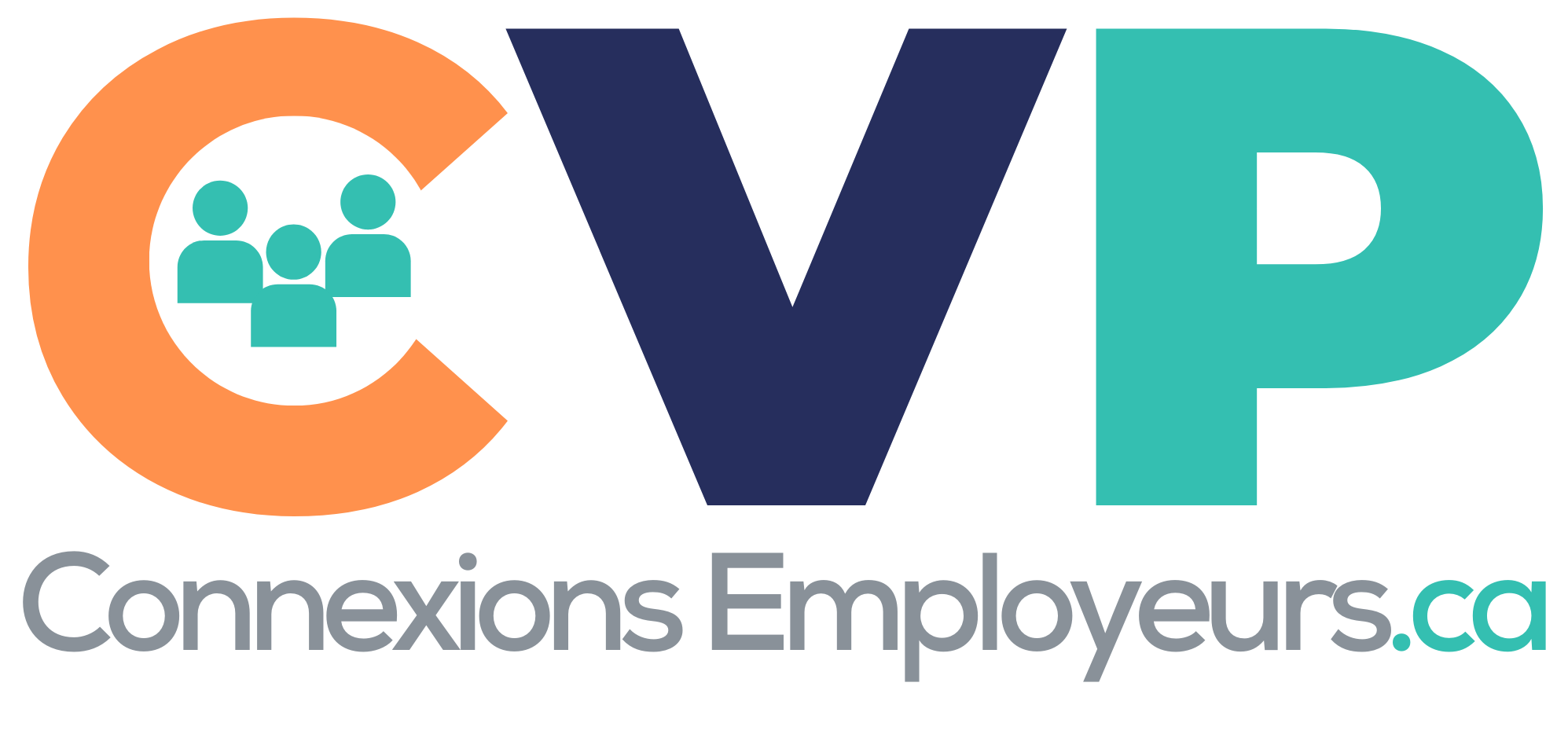Challenging cultural assumptions: Integrating newcomer talent into Canada’s workforce

Canada is projected to welcome close to 1.5 million immigrants over the next three years. This presents a potential opportunity for growth, as talented professionals will be joining the country. However, newcomers often encounter significant obstacles when trying to join the workforce. Ontario recently introduced legislation that would ban employers from requiring Canadian work experience, which is a step in the right direction. That said, legislation alone is not enough. To integrate newcomers more quickly, we should understand cultural differences and how they impact workplace communication.
Many newcomers struggle with advocating for themselves. In Canada, it’s expected that you have to ask for what you want. You can advance by finding opportunities and showing your supervisors the value you bring.
As a cross-cultural communications coach and facilitator, I have led many workshops in non-profit organizations and talked one-on-one with clients and newcomer professionals on LinkedIn. Often, I start the conversations with discussing their experiences, especially in looking for jobs and making connections.
I noticed that they mainly networked on LinkedIn by sending connection requests. If the requests were accepted, they might exchange a few messages. However, the messages would eventually stop.
I asked them how many times they talked on the phone or online with their new connections. They said they never did. They never tried to start a conversation.
“I felt this person is too important and busy to talk to me,” an engineer from India told me. He said he didn’t want to seem arrogant.
This sticking point makes it hard for many international professionals to find work or advance in their careers. They may come from societies where it is seen as arrogant to speak up or share opinions if you are in a lower position. For them, it is best to let your work speak for itself.
In contrast, Canada has a fairly flat hierarchy. People in Canada use first or full names instead of honorifics. You also have to ask for what you want. Although the management style can vary depending on the organization, in general you are expected to ask for opportunities. As the proverb says, “The squeaky wheel gets the grease.”
Pour lire la suite de l’article, cliquez ici.
Source : CareerWise by CERIC, JOHN EDWARD MCGRAW, décembre 2023

Réponses